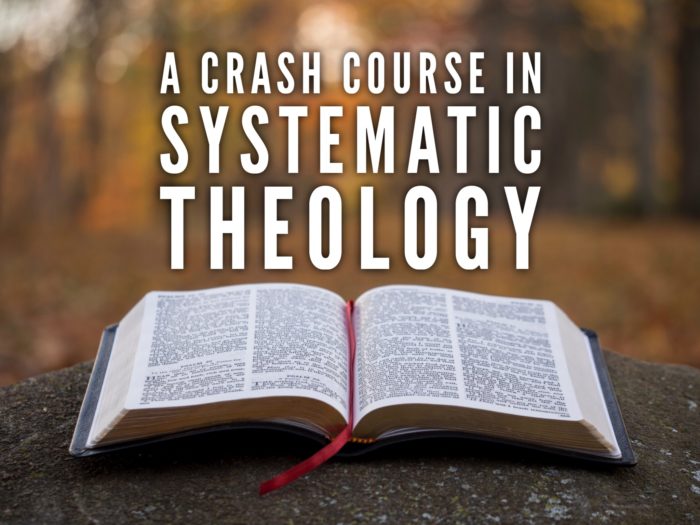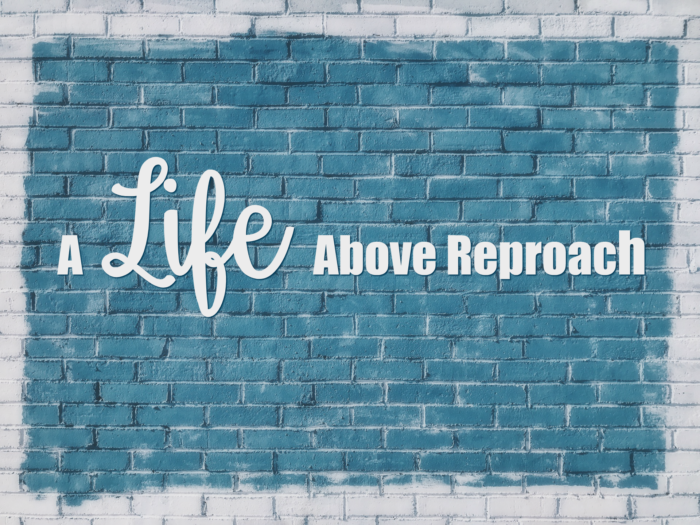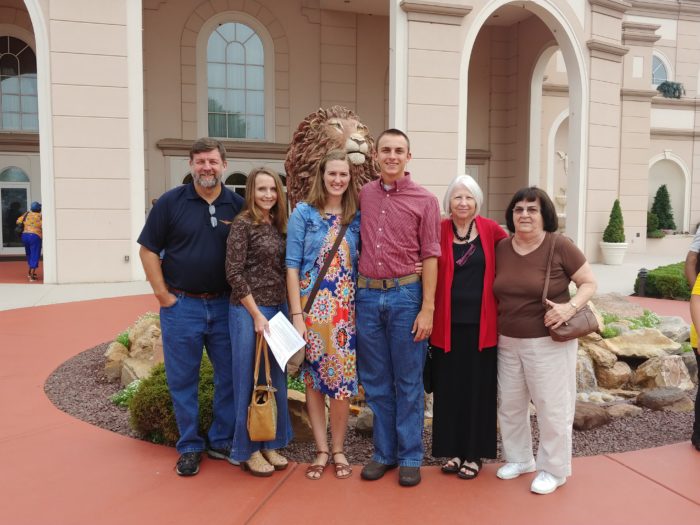
Who is Jesus? One of the greatest travesties of this current age is the misunderstanding of who Jesus is. People throw His name around all the time, attributing characteristics and traits to Him. But do they actually match the real Jesus?
I hesitate to even write this, knowing that I can’t even begin to touch the surface of who Jesus really is in a blog post. But I feel compelled to at least write something in the face of all of the bad information that is out there. So here goes…
I want to first do a quick overview of who Jesus is and why He came before we look into some of the myths that are believed about Him.
It is important to start with who we are without Christ. We need to understand that we are sinners, lost and without hope, dead in our sins. We are not good people with good hearts. Romans 3:12 b is one of several verses that makes this abundantly clear–
There is none who does good, no, not one.
This leaves us lost and without hope. As sinners, we desperately need a way to be reconciled to God. All the good deeds in the world will not be enough to make us stand righteous before God. We cannot work our way to Heaven. Isaiah 64:6 a says this–
But we are all like an unclean thing, And all our righteousnesses are like filthy rags;
Since no good and righteous judge can excuse a lawbreaker, we know that we cannot just walk away without punishment. And so we needed a perfect sacrifice to pay for our sins. Maybe this analogy will help:
A murderer sits before a judge, awaiting his verdict. Perhaps he makes his case–yes, I did murder that man but, judge, I’ve given thousands of dollars here and I’ve spent hours helping the poor there. But, of course, we know that there isn’t any amount of good deeds that can make up for the sin that he committed. There is no “balance” between good and bad deeds in real life and there is no balance when it comes to God, either.
As a good and righteous judge, he must punish this murderer. To not do so would mean he is not just or fair. But then someone comes in to the court room and offers to take this man’s punishment. He is offering to pay the price so that this man can be set free. Who would ever do such a thing? I don’t know of any human.
But this is, in essence, what Jesus did for us. We are in that court room, awaiting our death sentence, and He has offered to pay our punishment with His death on the Cross, so that we may go free and have eternal life. We are reconciled to God through Christ’s death when we trust in Him and Him alone for salvation.
But Jesus didn’t stay in that grave.
He is alive and will return again someday! This is our Savior and Lord and King. The King of Kings (Revelation 19:16), almighty, all-powerful. He is calling us to live a godly and discerning life while we await His return (2 Peter 3:14-18).
I Timothy 1:15 says this: This is a faithful saying and worthy of all acceptance, that Christ Jesus came into the world to save sinners, of whom I am chief.
Jesus came to the world to save sinners. He did not come to make our life here on earth easier, to give us a purpose, or to fill our lives with material wealth and good health. He came to save us from the eternal punishment we deserve because of sin.
But this is not the Jesus we generally hear about today. This modern day “Jesus” is our buddy and he exists to do our bidding and to make our lives better. With this Jesus we can be like the world, we never have to confront sin, and we can join with false teachers. We can lie, we can steal, we can cheat, we can live in sexual sin, we can do anything we want because Jesus always forgives us. This Jesus never gets angry, is never divisive, and never calls out sin. This Jesus accepts everyone into heaven and would never send anyone to hell.
Now before we do a biblical test of these things that we wrongly assume define Jesus, I do want to make it clear that some of the things currently ascribed to Jesus are most certainly true: Jesus loves us. Jesus does have great compassion for the lost sinner. Jesus does forgive our sins. He has no bias for class or race. He is kind and good.
But let’s take a look at some of the other traits ascribed to this character I will call “Cultural Jesus”. Are the characteristics attributed to our Lord Jesus Christ true or are they false, according to scripture?
1. Our Buddy
The Bible does say that Jesus is our friend. But there is a condition to that friendship. We are only His friends if we do what He commands in His Word (John 15:14). If we do not do as He commands, we have declared by our actions that we are not His friend, no matter what we say.
2. Accepts Anyone and Everyone Into Heaven
“Cultural Jesus” doesn’t care what path people take to heaven. Of course, we know the real Jesus made it clear that He is the only way (John 14:6). “Cultural Jesus” also assures us that everyone is going to heaven. This is another myth. It was the real Jesus who said the way is narrow and few there are that find it (Matthew 7:13-14).
3. Never Confronts
“Cultural Jesus” never confronts sin. But we can quickly find out that this is not the real Jesus. No matter where He went or who He talked to, He called people to repentance and out of their sin. In fact, He had an advantage, because He knew people’s hearts, which often hide the most secret sin: that of motive (John 4).
“Cultural Jesus” also never confronts false teachers. But we can see in scripture that the real Jesus most certainly did call out false teachers–in public! He shows us by his actions that false teachers who pervert the truth of the Gospel can and should be called out publicly (Matthew 23).
4. Never Condemns
The real Jesus does offer us a way to be free from condemnation. And that is to repent and turn from our sins and trust in Him for salvation (Mark 1:15). However, He had little patience for those who were full of self-righteousness and hypocrisy and He did condemn them (Mark 7).
5. No Care for Our Daily Choices, Sinful or Otherwise
“Cultural Jesus” doesn’t care what we do. We can live like the world; go where we want; listen, watch, and read what we want without any break in fellowship. But we know from scripture that all of our choices matter. That they either lead us towards a deeper relationship with Christ or away from Him. And He desires that we abide in Him. In fact, this is the only way to have any fruit of lasting value. Without Him we can do nothing. (John 15:1-8)
6. Loved by the World
The world (and mainstream church) would have us believe that Jesus was the most popular man on earth but we know clearly from His own words that this isn’t true. He declared that we will be hated, just like He was hated. We are to expect this. This flies in the face of “Cultural Jesus” who is loved by everybody. (John 15:18-20)
7. Exists to Make Our Life Here on Earth Happier
“Cultural Jesus” exists to make our life happier and more fulfilled. But the real Jesus says nothing about making our temporal life better. Instead He tells us to forsake all and pick up our cross and follow Him (Matthew 10:38-39; Luke 14:25-33) and that we are to deny ourselves (Mark 8:34). He also assures us that we will experience hatred in our efforts to follow Him (John 15:18-19). While this sounds utterly unfamiliar to so many who use the name of Jesus, it is what we read in the scriptures.
8. Greatest Concern is Unity
“Cultural Jesus” compromises truth in order to be unified. But we know from scripture that this is certainly not true. In fact, Jesus says He came to bring division. (Luke 12:49-53) He also makes it clear that it is impossible to worship God in purity of heart unless we are worshiping in truth (John 4:24) This would then preclude any compromise with a false worship system.
9. Would Never Send Anyone to Hell
While Jesus’s ministry was focused on calling people to repentance, He did mention hell on a number of occasions. He spoke of it as a very real place. (Matthew 5:29; Matthew 10:28; Matthew 23:33; Luke 12:5 to name a few)
10. Indifferent to Sin
Is the real Jesus indifferent to sin? Let’s go to the scriptures to find out. There we will find that Jesus commands people to repent (Matthew 3:2; Mark 1:15; Luke 5:32) Merriam-Webster.com gives this definition of repent: to turn from sin and dedicate oneself to the amendment of one’s life. From this I believe we can safely conclude that Jesus is definitely not indifferent to sin but, instead, rightly expects us to turn from it.
He also tells the man healed at Bethesda (John 5:1-14) and the adulteress (John 8:7-11) to go and sin no more. From this we can assume that Jesus, who forgives our sin, desires that we strive to live a righteous life and to make an effort to sin no more.
I hope this short post starts you thinking about the difference between the “Cultural Jesus” and the real Jesus. There are so many more things I could have touched on. This is really a subject without end and one post hardly does it justice. But I do hope it at least brings to light that there is a major discrepancy going on here and instills in you a desire to study who Jesus really is, according to the Bible.
It is important as we hear people throw the name of Jesus around lightly that we take the time to study our Bibles and compare what we hear to what scripture says. How important it is that we understand who He really was during His time here on earth and who He is right now–our risen Savior and King who has promised to return for us!












